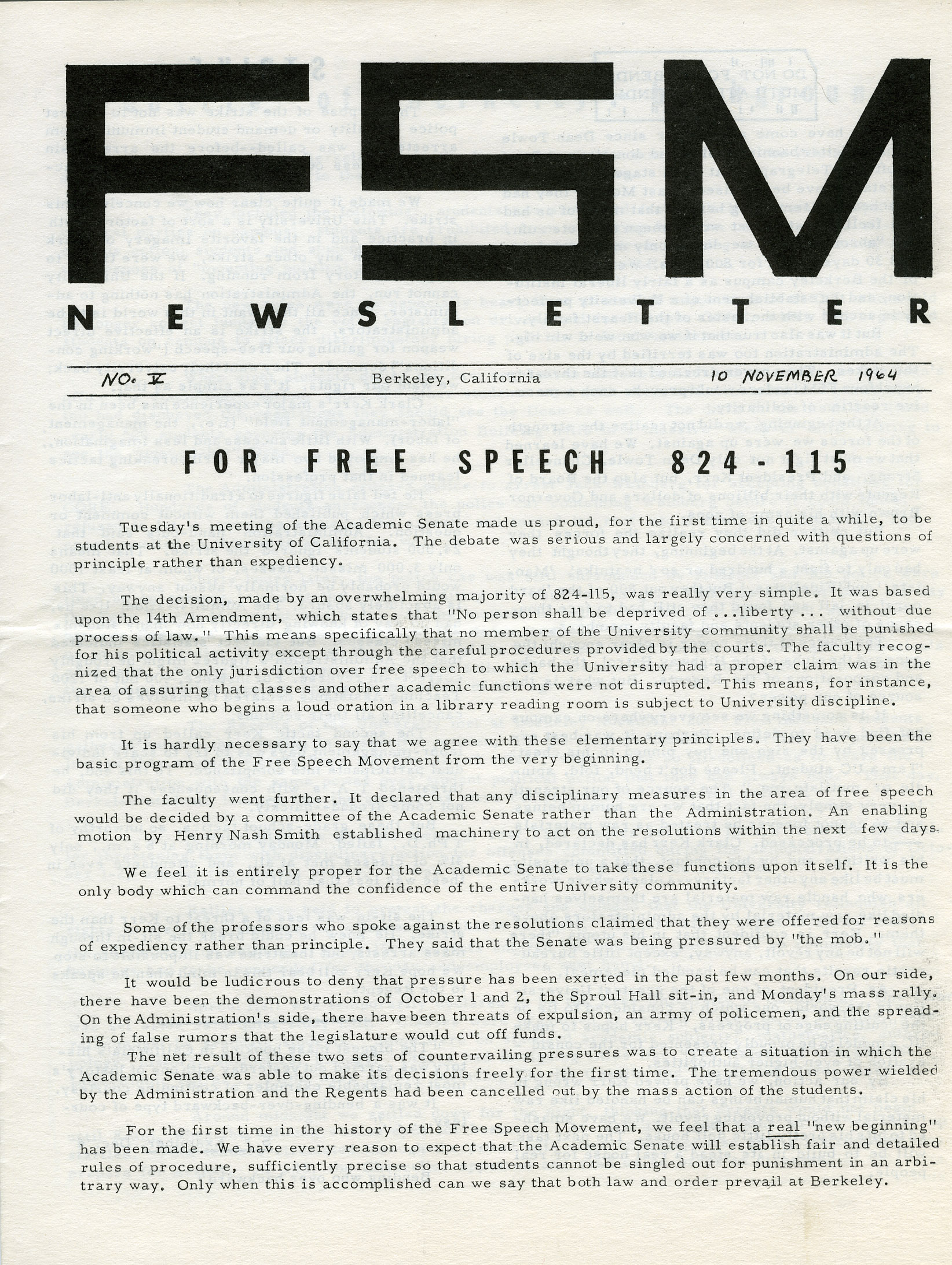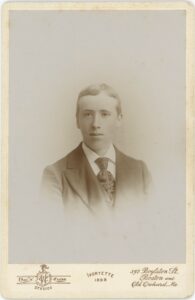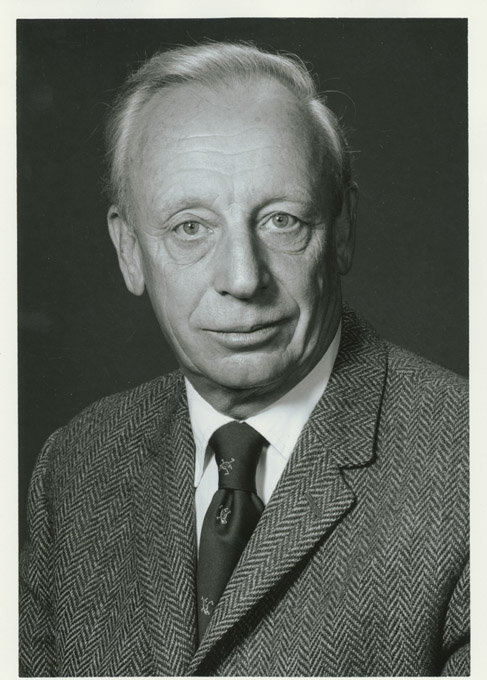Center for International Education Records
Temporarily stored offsite; contact SCUA to request materials from this collection.
The Center for International Education (CIE) was established in 1968 as a research and implementation organization within the Department of Educational Policy, Research, and Administration in the College of Education at the University of Massachusetts Amherst. In partnership with the academic program in International Education, CIE helps to foster a community of learning and practice on campus and in international development settings, offering opportunities in the areas of International Development Education, Education Policy and Leadership, Nonformal/Popular Adult Education, Basic Education and Literacy, and Internationalizing U.S. Education. The Center has a long and successful history of grant and contract management for projects designing, implementing, and evaluating educational initiatives internationally, and does additional work locally, including Massachusetts Global Education for teachers, and educational and leadership trainings for transitioning students and for immigrant and refugee communities. Additional material from CIE is available through the university’s institutional repository, ScholarWorks.
The bulk of this record group consists of files associated with CIE projects, organized by country and topic, including projects in Central Asia, South Asia, Central and South America, the Middle East, North America, and numerous projects in Africa. The records of CIE faculty member David R. Evans are heavily documented, particularly his work in Uganda. This material also includes multiple examples of “games” used by the Center in various teaching and training sessions to stimulate discussion and creativity. Additional records cover the administrative history of CIE, including founding materials and early files, reports and committee records, newsletters, photographs, and information about Center activities, celebrations, and visitors. A number of CIE publications, including their series, Technical Notes, are also available.





